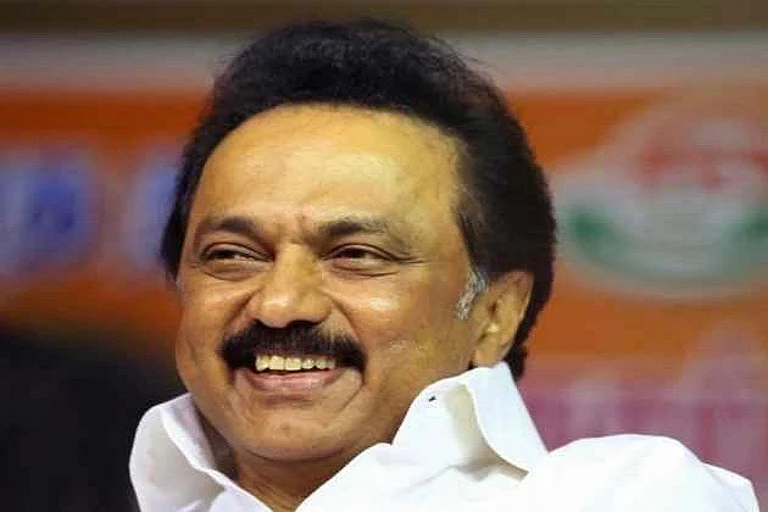ANYTHING that Mr Clinton can do, Mr Patel can undo. This was the philosophy of the Budget, and it got across to the Patels and other Gujaratis in the National Council of Gujarati Organisations that met in London to discuss the budget and talk money. It was a meeting that mattered: the umbrella group draws in about 80 Gujarati organisations whose members have some billions of pounds invested across Britain.
The arithmetic was simple. The best interest rates at the moment are from building societies which offer 6.75 per cent in pounds sterling. The interest in dollar investments stands lower, about 4.5 per cent. The Gujarati businessmen, who control huge chunks of money in Britain, are waiting to see what the State Bank of India offers through its Resurgent India bonds. Good returns can bring billions of dollars into India very quickly—at a price to India, of course.
Most small to medium businesses are in shops, hotels, property, pharmacies and small-level manufacturing that generate much of their inflows in cash. In what anthropologists call the Asian style of doing business, much of this is cash that businessmen like to invest in banks and interest-paying societies, not in business growth. That all these NRIs who invest in growth also put aside substantial cash, is a business by itself, managed by several companies in London and in the Midlands. "One of my clients recently put aside $500,000 in a bank in Mumbai at a very attractive rate of interest," Praveen Raichura, an investment advisor, told Outlook. "Once you have a fully repatriable SBI bond at a good interest rate and with tax benefits, many will look for such an investment. I have had several inquiries already."
A rescue of Mother India from sanctions is no part of all this. That comes from the Sangh parivar in Britain, which has more sentiment than money. "Let's face it, nobody is going to invest money just for love of India," said Shantoo Ruparell, who manages huge NRI investment in India. And given the promise of attractive returns, "the reaction has been very positive," he said. One businessman who transferred Rs 1 crore into an account in Ahmedabad said he expects to see it double within five years. The Resurgent India bonds could multiply that kind of money in a few years, and keep it intact in pounds sterling for the investing NRI. The bonds could become more than a competition for banks like Citibank that have been attracting substantial NRI funds.
The Hindujas said after the Budget that if the NRIs are preferred to foreign investors, "it is Indians' wealth coming back to India". Once sanctions bite, "NRIs can come in to sustain the momentum of investments, particularly in the infrastructure area." But notwithstanding notions of nationalism, NRI money will cost India a great deal more than money from the IMF or the World Bank. The BJP government's plan to rope in NRI money for infrastructure development is, in fact, quite an opportunity for the NRIs. The Hindujas have asked for introduction of some attractive scheme "which has an element of assured return coupled with an upside for profit sharing in identified projects." Anything above a guaranteed minimum profit, that is.
Managers of NRI funds in India are asking the government for payment of small commissions to help channel money into Indian schemes. "Every Swiss bank does it for every amount we bring in for them," one manager told Outlook. "It's time Indian banks consider such moves that are in line with present market practices. " Indeed, the NRI always wants more. In San Francisco, Sanjay Bagai, who owns Zeitgeist Capital, an investment and financing firm, welcomes the NRI-directed overtures in the Budget. He, however, notes: "Over 50 per cent of the foreign currency balance is held by NRIs. I think it's imperative that the Government of India give NRIs much more benefits than it is currently giving us. For example, if they can give us foreign currency cover, I myself promise to bring in $2 billion into India."
Indian bankers across the world are now preparing to handle a substantial administrative load once the Resurgent India scheme and the Millennium Scheme are launched. Mr Patel is willing, he's wanting, he's waiting. But he wants his pound or two of profit.


























